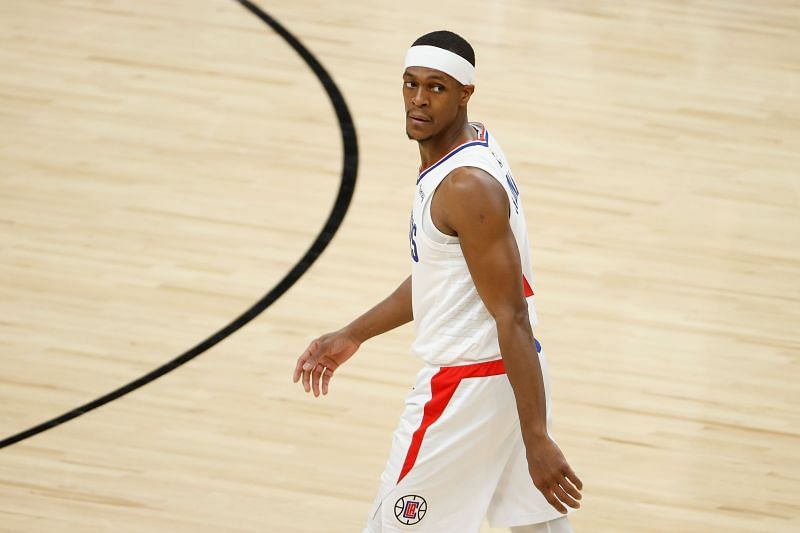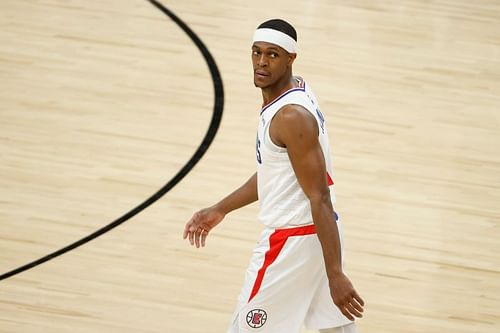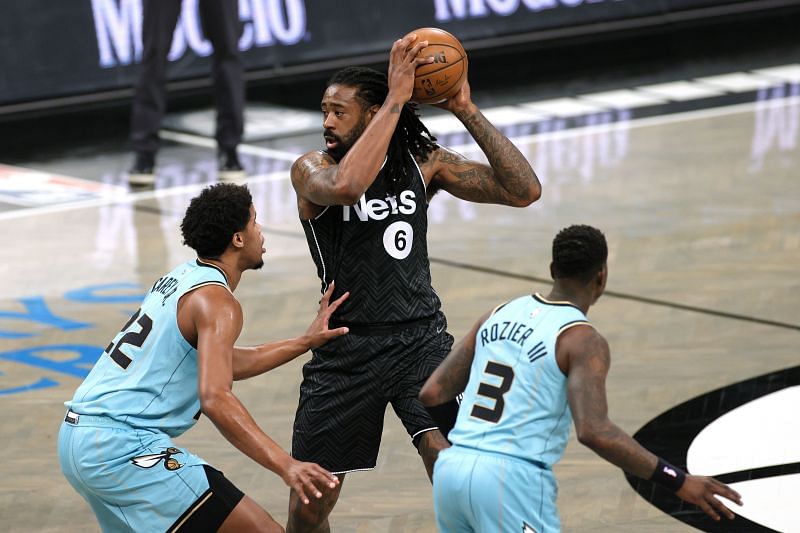
Why do NBA teams buy out players?

As the drama surrounding NBA free agency dwindles down, the shape of free agents and availability starts to get clearer. Often a player who is not a free agent can be signed if he gets bought out by his team. Many players in recent history have been bought out so they can sign with other teams such as LaMarcus Aldridge and the San Antonio Spurs or Blake Griffin with the Detroit Pistons. The latest player to get bought out was Rajon Rondo, who left the Memphis Grizzlies and then signed with the LA Lakers.
A major part of the offseason has been the NBA's buyout market. Players on expensive contracts get incentivized to get bought out so they can sign with any team as the current franchise cannot afford their contract or aren't interested in keeping the player.
However, this is just one example of why a player would get bought out so let's take a look at some of the main reasons why NBA teams buy out players.
NBA's buyout market explained

There are several reasons why a team would buy out a player. It is almost usually a case of a mutual decision between the player and the team that they want to part ways. The agreement could lead to either the entire salary being wiped off the team's books or partially reduced depending on what has been decided. The team would not want to hold the player against his will and they, in turn, pay the player to leave the team and cancel the contract.
For example, Dwyane Wade's time in Chicago wasn't exactly noteworthy and is one of the biggest contract buyouts in recent NBA history. He agreed to leave $8 million on the table and the Bulls agreed to pay him around $15 million that he was owed. That cleared $8 million in the Bulls' cap space. The move saved money for the franchise as Wade agreed to forgo a portion of his salary and it created cap flexibility for the team.
Another reason for a buyout is when the player doesn't fit the timeline of the team. For example, the Detroit Pistons, a rebuilding franchise, acquired DeAndre Jordan in a trade and then waived him because he is a 33-year-old center seemingly on his last leg. Moreover, teams like OKC Thunder and Pistons would acquire players on hefty contracts in exchange for draft assets and then buy out the player because he wasn't expected to play with the team, to begin with.
Players can demand buyouts but it doesn't necessarily mean it's going to happen. Teams can easily refuse to do so. Another way to get rid of a player's salary immediately is stretching out his contract over several years. For example, the LA Lakers still pay Luol Deng millions of dollars even though he hasn't played a single NBA game in over years. This allows the team to reduce the player's salary for that year and pay small amounts each year.
According to the NBA's new CBA (Collective Bargaining Agreement), teams can no longer re-sign their old players that same season as what the Cleveland Cavaliers did with Zydrunas Ilgauskas in 2010. They traded him to the Washington Wizards, who then waived him and the Cavaliers picked him up again a month later.
Once the player clears all waivers and a buyout agreement is reached, he becomes a free agent who can sign with any NBA team he wants.
Also Read: What is a max contract in the NBA?